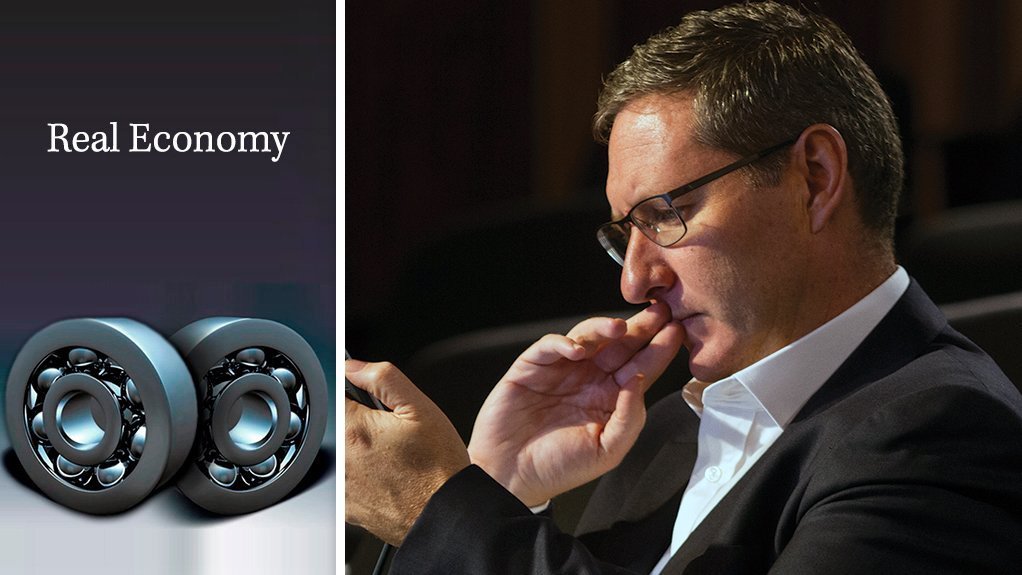Four important energy-related reports were released during the course of June, all of which contain important messages and signals for South Africa and its future energy, industrial and environmental policy choices.
The sixty-eighth edition of the ‘BP Statistical Review of World Energy’ points to 2018 being a year of rapid growth in energy demand and carbon emissions. Global primary energy consumption grew by 2.9%, while emissions from energy use grew by 2%. In total, 0.6 gigatonnes more emissions were produced in 2018 than in the previous year, indicating that the “world is on an unsustainable path”.
For South Africa, which remains a highly carbon-intensive economy, the signal here is that governments (and corporates) will have to intensify their decarbonisation efforts to meet their climate commitments. Those countries that fail to show sufficient progress could find themselves being penalised, particularly in a world where nontariff barriers to trade are being used more assertively and frequently.
On a happier note, the International Renewable Energy Agency (Irena) published its ‘Renewable Energy and Jobs Annual Review 2019’, which shows that the sector now employs at least 11-million people worldwide, up from 10.3-million in 2017. Renewables employment remains concentrated, though, in a handful of countries, including China, Brazil, the US, India and Europe.
For South Africa, where wind and solar are already the cheapest forms of new electricity, the strong employment performance of the sector is an added bonus. To capture these jobs benefits, including those residing in renewables supply chains, will not only require energy policy certainty, however. Irena stresses that how and where jobs are created in a country are determined by several factors, including national deployment and industrial policies.
Further, the International Energy Agency released a report titled ‘The Future of Hydrogen: Seizing Today’s Opportunities’. It asserts that hydrogen and hydrogen-based fuels could help facilitate the decarbonisation of a range of sectors where the pathway for achieving meaningful emission reductions is currently uncertain or difficult.
For South Africa, which is already promoting platinum-bearing fuel cells, a key takeaway is that hydrogen and hydrogen-based fuels can transport energy from regions with abundant solar and wind resources to energy-hungry cities thousands of kilometres away. The way to achieve this is by using renewable power to convert water, through a process called electrolysis, into clean hydrogen.
Lastly, BloombergNEF’s ‘New Energy Outlook 2019’ provides another reality check regarding the direction the global electricity system is taking. The report states the nearly half the world’s electricity will come from renewables by 2050 as the cost of wind, solar and battery storage continues to fall.
For South Africa, which has such a significant resource advantage compared with most other countries, the message is simple: stop procrastinating and move to fully embrace the transition from coal to renewables. In the process, new jobs will be created; the country can decarbonise ahead of its climate commitments, eliminating any carbon-linked trade risks; and new industrial sectors can be created, including the production of clean hydrogen and hydrogen-based fuels for export.
EMAIL THIS ARTICLE SAVE THIS ARTICLE ARTICLE ENQUIRY
To subscribe email subscriptions@creamermedia.co.za or click here
To advertise email advertising@creamermedia.co.za or click here











